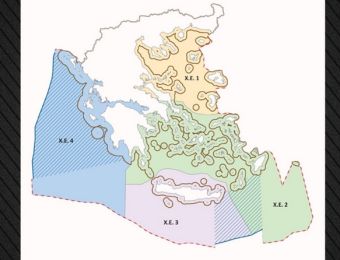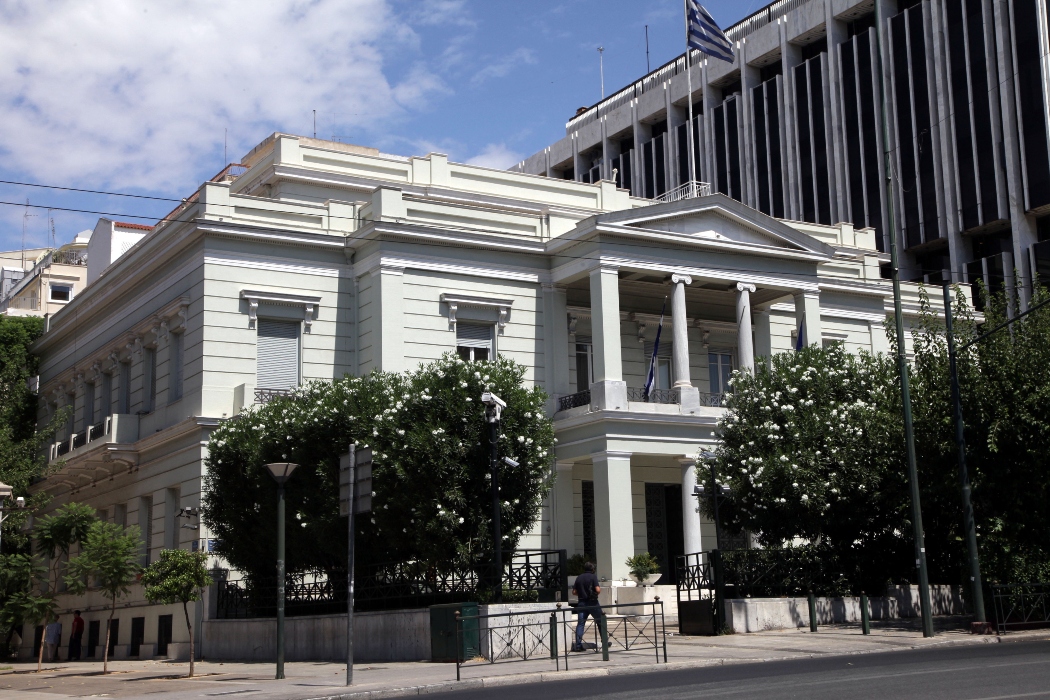Government pressuring banks on three fronts

Πηγή Φωτογραφίας: ΓτΠ//Government pressuring banks on three fronts
Prime Minister Kyriakos Mitsotakis has dismissed the prospect of a windfall tax on banking profits, choosing instead to apply regulatory pressure to address systemic issues within the sector.
Speaking at an investor event in London hosted by the Athens Exchange and Morgan Stanley, Mitsotakis emphasized the government’s preference for market-driven reforms over punitive measures. “We know what we want from the banks and have the tools to achieve it,” he assured attendees.
This statement comes amid mounting public frustration over high bank fees, limited credit availability and deposit rates that lag significantly behind European averages. Banking stocks rallied on the Athens Exchange following the prime minister’s remarks, reflecting investor relief over the government’s rejection of taxation.
Central Bank Governor Yannis Stournaras supported the decision, warning that a windfall tax could impede efforts to replace deferred tax credits (DTC) with higher-quality capital. Banks, he said, have high deferred taxes in their regulatory capital, with 40% of their capital not being paid-in capital, but a claim against the Greek state.
Taxing the banks would only delay progress, making the system less resilient, he noted at a recent financial forum.
Despite ruling out extraordinary taxation, Mitsotakis underscored his government’s expectations for banks to play a more proactive role in supporting the economy. He urged lenders to expand mortgage offerings, particularly those with fixed rates, to address the country’s housing affordability crisis. Currently, Greek banks offer fixed-rate mortgages starting at 2.9%, with substantial ancillary fees often discouraging borrowers.
The government is also pressuring banks to reduce transaction fees, which have become a significant source of public discontent. While some institutions offer bundled services with low monthly costs, many fees remain prohibitively high for routine transactions. Finance Minister Kostis Hatzidakis highlighted ongoing legislative measures, including a mandate to halve fees for low-value transactions and the rollout of the IRIS payment system by 2025, which will eliminate fees for consumers and offer low-cost options for businesses.
Additionally, Mitsotakis called on banks to maintain competitive deposit rates, which currently average 1.86% in Greece – substantially lower than the eurozone average of 2.97%.
The government has signaled its expectation that banks resist cutting rates in response to falling Euribor levels, arguing that they have benefited substantially from rising interest margins in recent years.
Source: pagenews.gr
Διαβάστε όλες τις τελευταίες Ειδήσεις από την Ελλάδα και τον Κόσμο






























Το σχόλιο σας